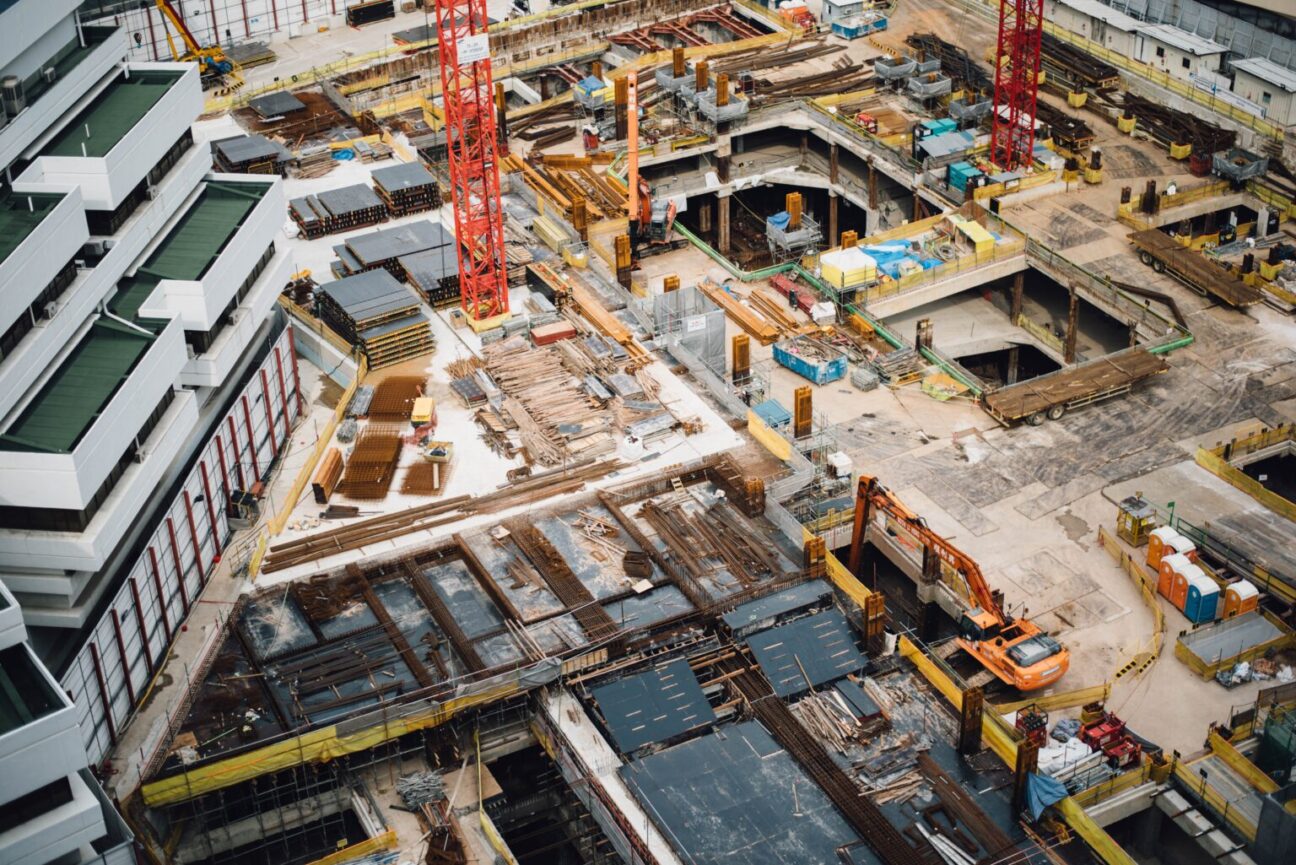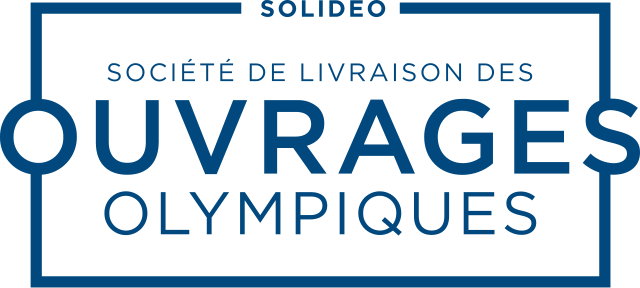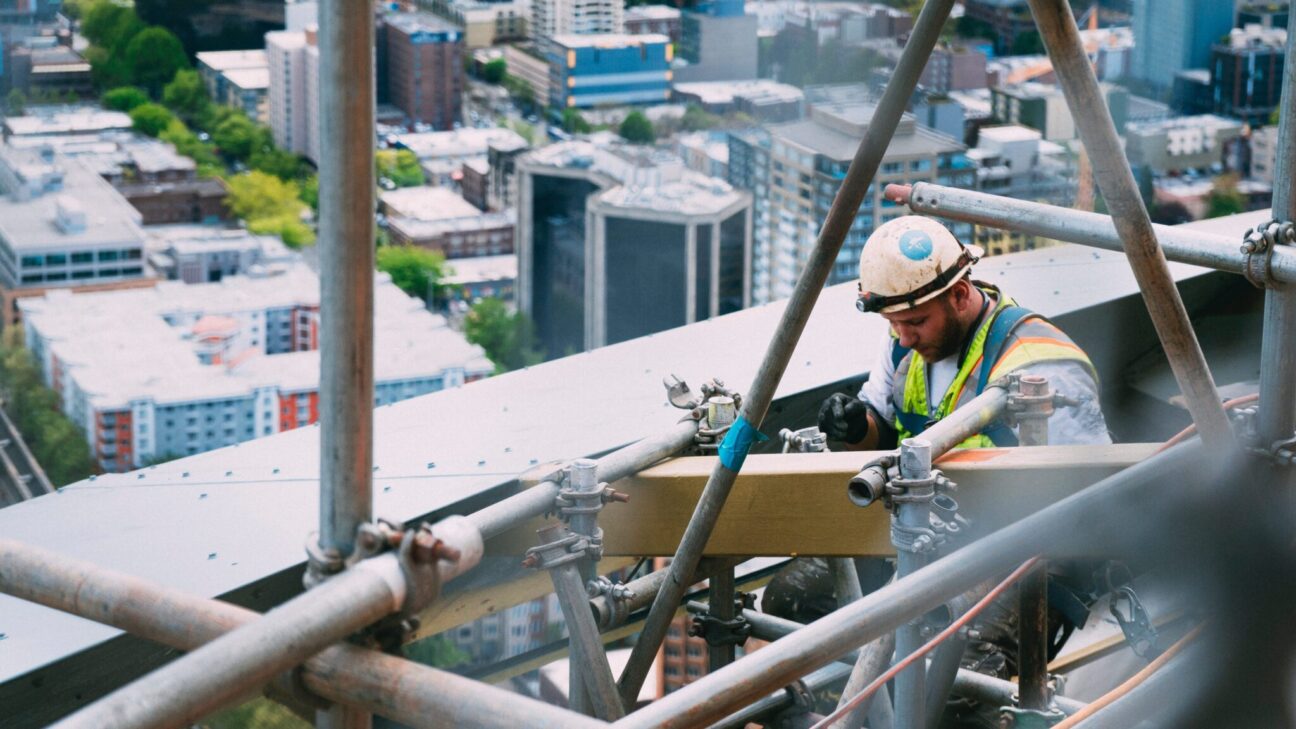SOLIDEO is facing the challenge of dealing with the substantial risks threatening the long-term viability of its business and the integrity of its IT assets while at the same time meeting the challenges of the future. The migration of its existing VMware architecture to the Azure cloud, which was initiated a year ago, has become a necessity to prevent any risk of cybersecurity or service disruption. Here’s a detailed look at how Alfun, Microsoft and VMware combined their expertise to provide SOLIDEO with an appropriate and sustainable response to the challenges it faced while ensuring that its teams were able to upgrade their skills.
SOLIDEO, or Société de Livraison Des Ouvrages Olympiques, is a French public body set up with a major objective: to deliver the 62 structures and development projects needed to stage the Olympic and Paralympic Games, which will be held in Paris in the summer of 2024.
At the heart of this ambitious and strategic project are multiple challenges.
As France prepares to welcome the rest of the world from 26 July 2024, it is imperative that this development work, which includes the construction of the athletes’ village, the media cluster and the competition and training venues, is carried out on schedule and within budget.
This challenge is not limited to spatial planning; it’s quite the contrary. It is reflected in the IT projects being carried out by SOLIDEO through the need for cyber resilience. “To ensure that we meet our deadlines, costs and ambitions, we obviously need to ensure that the flow of information is extremely efficient and secure”, says Thibaut Chagnas, Deputy Managing Director and Company Secretary. So, in order to guarantee the smooth running of operations and the delivery of the works by the end of 2023, the public institution must deploy the highest possible level of security to prevent any vulnerabilities or security flaws constantly and to guard against attacks on its environment.
So, to meet its ambitions and strengthen its cyber security, SOLIDEO is turning to Microsoft, one of the institution’s long-standing partners, to replicate its on-premises VMware infrastructure in the Azure environment to benefit from the reliability, flexibility and capacity for innovation offered by the cloud.
The compliance of its cyber policy, the skills of its teams, and the robustness of the infrastructure deployed ensure complete data security when attacks are perpetuated – the ‘if’ question is irrelevant given the scale of the institution’s mission. “We benefit from all the advantages of the cloud: the extreme scalability of the proposed solution and the extreme security of the system, with a minimum of 3 replications of data transferred to Azure”, says Dominique Renard, Director of Information Systems Security.
Flexibility and security: Azure VMware Solution combines the best of both worlds
“Where there’s a major challenge, there’s a target”, says the DSSI. “From ransomware cybercriminals, but also malicious state actors who do not share France’s ambitions. The assets we need to preserve are our information systems and the highly sensitive data we handle. We are also alert to any destabilising actions, such as the compromise of an official social network account or a breakdown of our website”.
To meet its major IT security challenges, SOLIDEO wanted to equip itself with a robust infrastructure and a scalable solution. So it turned to Microsoft to upgrade its business continuity and recovery plan. What was needed? The plan must be compatible with its current infrastructure and meet its data protection and cyber threat prevention requirements. “As a public institution, we were very sensitive to the security implemented by Azure VMware Solution in terms of data protection. Our data is hosted in the European Union. On the one hand, there is protection for the container that hosts our data. On the other, there is protection for data transmission between SOLIDEO and the Microsoft servers”, explains Dominique Renard.
Security was one of the main reasons SOLIDEO gave for choosing Azure VMware Solution. “This solution meets all the security requirements. From a legal security point of view, being a public institution, it had to comply fully with the RGPD”, adds Jordan Vidal, Systems and Security Engineer.
Deadlines are the lifeblood of SOLIDEO’s mission, so in addition to these first two priorities, there is also a need to keep service disruption time to a minimum in the event of an incident, whether intentional or not, so that the activities of users, whether employees or project managers, are not hindered in any way.
“We have duplicated all the SOLIDEO systems on the Azure system, with extremely frequent replications”, says Dominique Renard. “Today, in the event of major system failures, we can transfer data between systems in just a few minutes, which is exceptional.”
From a functional point of view, SOLIDEO now has end-to-end encrypted communication on its on-premises infrastructure and on the infrastructure it has deployed in the Azure cloud. This redundancy means it can be more responsive in the event of a service outage at its main site, since it can now switch to the cloud without difficulty. All without any degradation of service or end-user experience.

A solution that’s easily deployable and operational
As the existing on-premise platform was already based on VMware technology, the choice of Azure VMWare Solution was a perfect match for the establishment’s needs and enabled IT investments to be rationalised. “There’s a real portability between SOLIDEO’s VMware-based virtual machines and the Azure cloud. So it’s a perfect fit”, notes Dominique Renard.
This choice made it easy for IT teams to deploy and use the solution, enabling them to continue to manage the environment using the same tools, while modernising their applications with services that are natively present in the Azure cloud. “It was important to us that the solution was easy to deploy and transparent for users. With Microsoft and VMware, we also feel we have the support we need to meet the challenges of the 21st century, not only because of their reputation, which is a guarantee of trust, but also because of their maturity when it comes to cyber issues” adds Caroline Tang Song, Systems, Networks and Security Engineer.
As a Microsoft consulting partner, the support provided by Devoteam M Cloud’s Alfun teams “was determined in meeting expectations, implementing the changeover to the cloud and ensuring a smooth transfer of skills”.
A lasting and evolving partnership, like the project itself
SOLIDEO is also a company that pushes back the horizons in all areas, whether they involve buildings or new technologies. With major societal and environmental issues at the heart of its mission, the structures designed by the company are part of a sustainable, durable and innovative approach. With a low carbon footprint, places will remain to live and work after the Games, redeveloped as housing or business premises.
In line with this ambition, the work carried out by SOLIDEO and its partners, whether they are involved in providing support or supplying technology, is a long-term project. The choice of Microsoft Azure VMware Solution was based on its scalability potential. While the solution was initially designed to address a specific problem at a specific time, its scalability means it can meet tomorrow’s challenges. “We work with the support teams to adapt as best we can to the issues and risks identified, but also to those we might not have thought of”, says the ISSD.
For SOLIDEO, Microsoft’s reputation is an opportunity to open up its teams to new horizons and enhance their skills, particularly in cybersecurity issues, a subject on which the organisation is uncompromising. With this in mind, the company has set up a continuous monitoring system that enables it to adapt to potential changes in cyber threats. “What’s important is the transfer of skills and the future so that we can always adapt to new threats”, concludes Dominique Renard.

